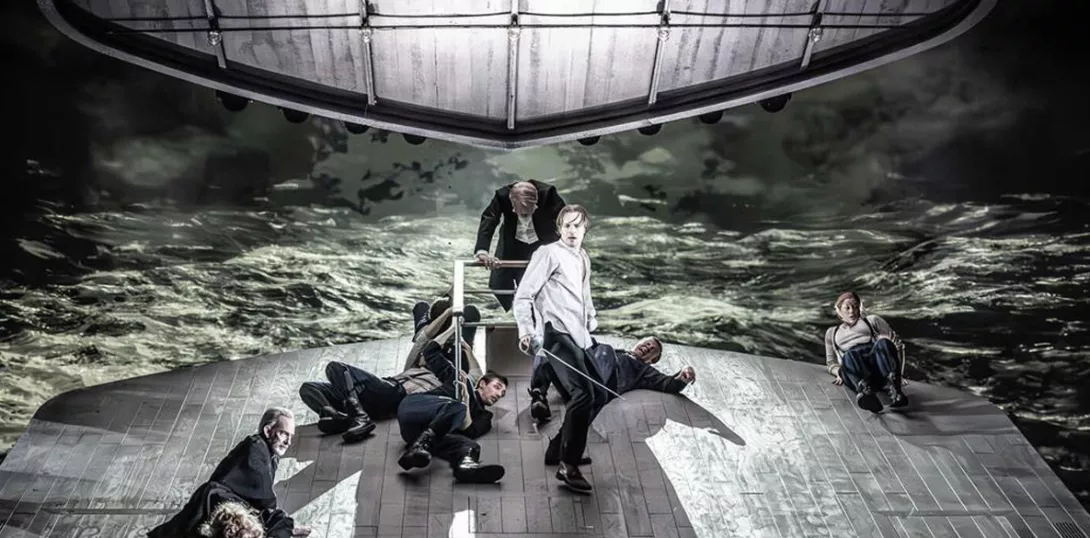GORDON PARSONS is bowled over by a skilfully stripped down and powerfully relevant production of Hamlet
Jim Thumb
CHRIS SEARLE speaks to Glaswegian guitarist JIM MULLEN
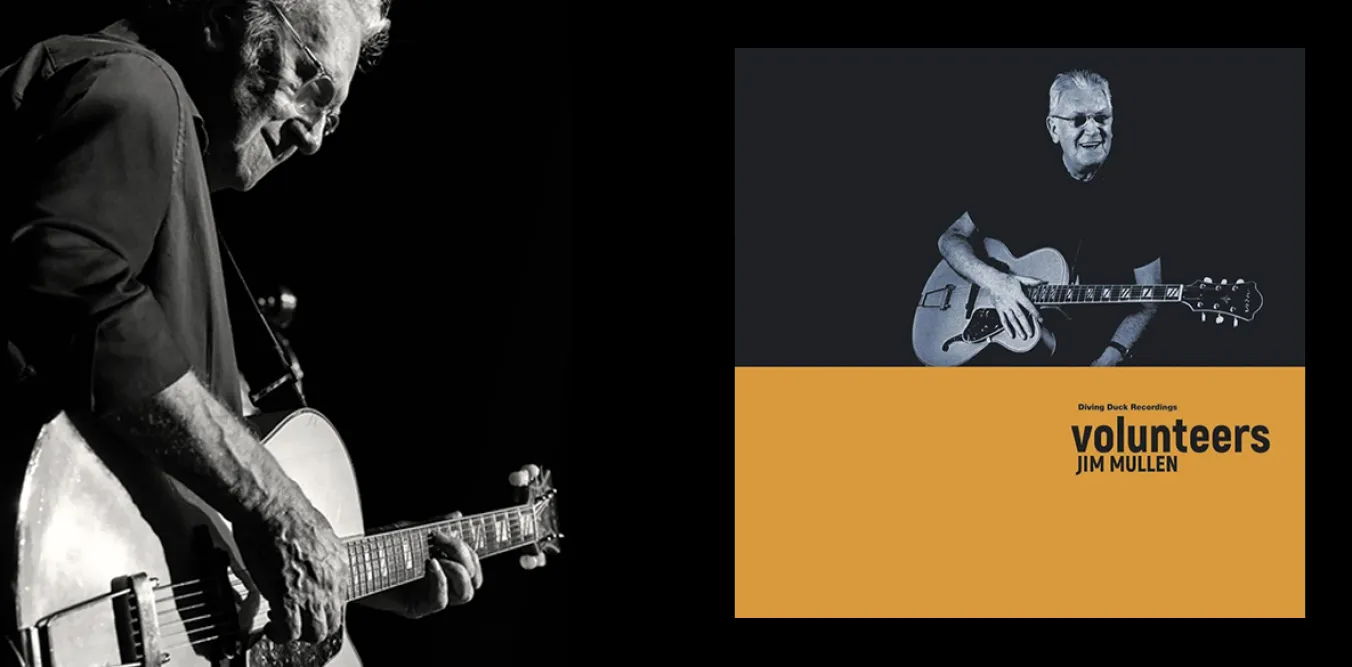
HE’s one of the truly great guitarists of a century of jazz, with a sound all of his own rooted in his love of the songs of Robert Burns. Jim Mullen tells me that he “grew up with his songs and their soulful timelessness.” Just listen to his beautiful millennial album Burns and you’ll hear what he means.
He was born in Glasgow in 1945: “It was the post-war baby boom. My dad was a carpenter, my mum worked in a department store. She would sing along to Bing Crosby and Frank Sinatra on the radio, and when I began playing I half-knew these songs. As a toddler she would offer to read me a story at night, but I would ask her to sing me a song instead.
More from this author
The phrase “cruel to be kind” comes from Hamlet, but Shakespeare’s Prince didn’t go in for kidnap, explosive punches, and cigarette deprivation. Tam is different.
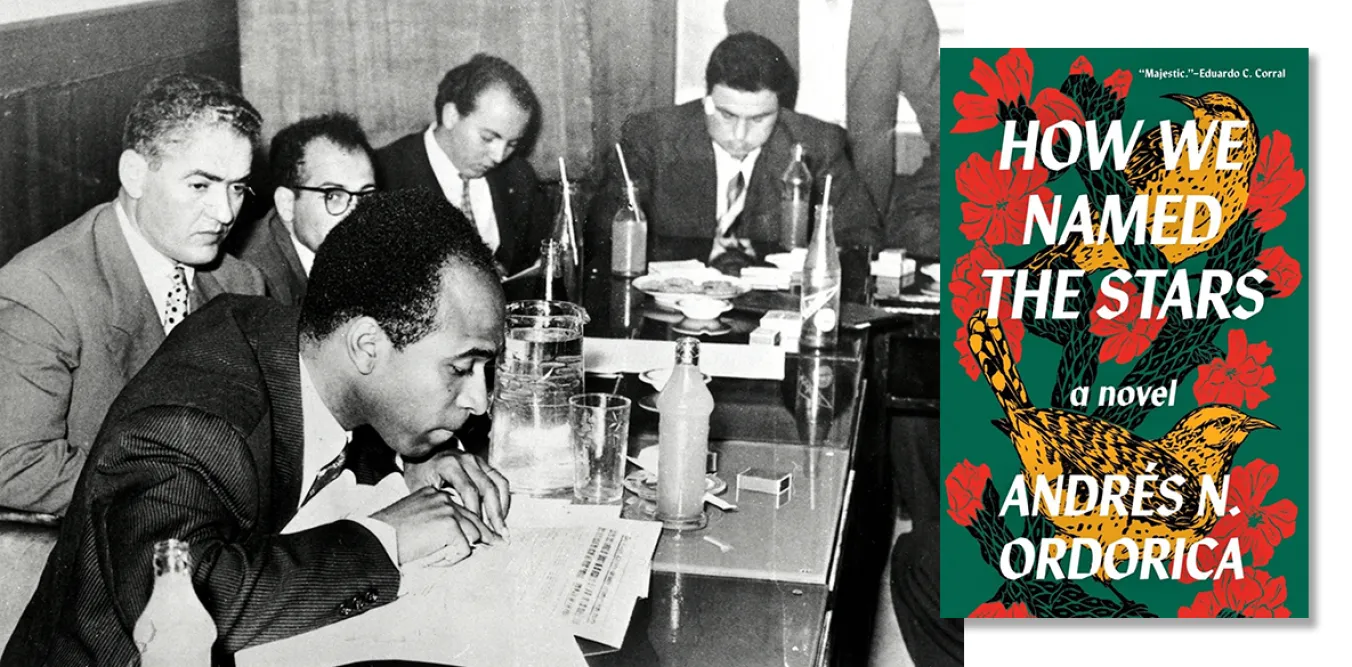
ANGUS REID deconstructs a popular contemporary novel aimed at a ‘queer’ young adult readership

A landmark work of gay ethnography, an avant-garde fusion of folk and modernity, and a chance comment in a great interview

ANGUS REID applauds the inventive stagecraft with which the Lyceum serve up Stevenson’s classic, but misses the deeper themes
Similar stories
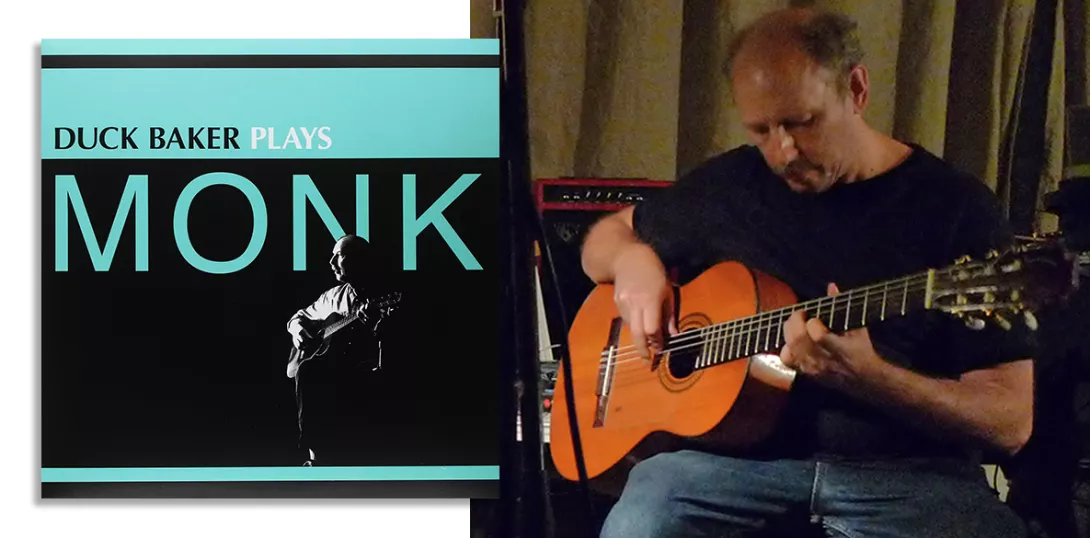
CHRIS SEARLE speaks to celebrated US guitarist DUCK BAKER
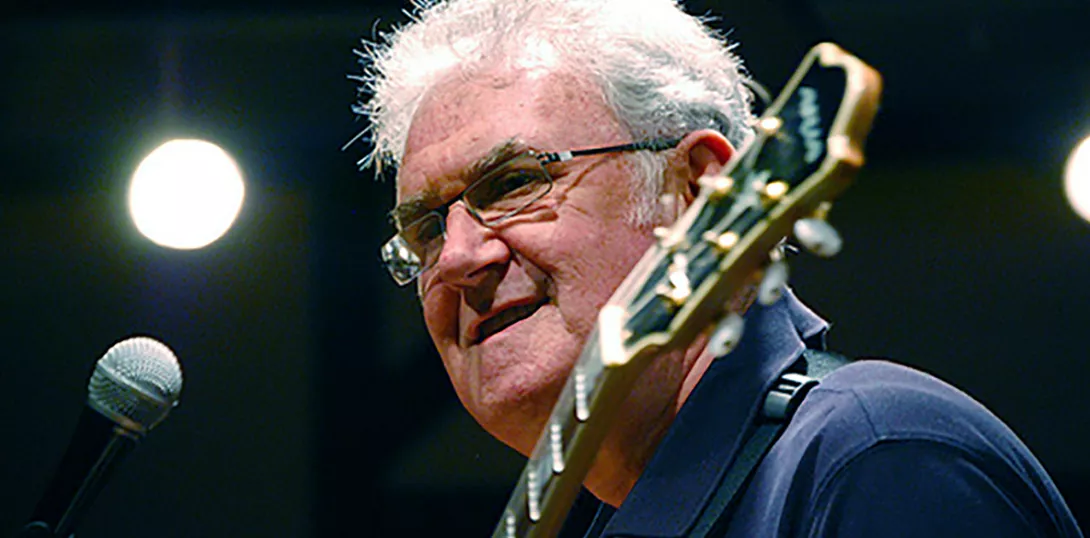
CHRIS SEARLE pops into his local for some serendipitous jazz goings-on
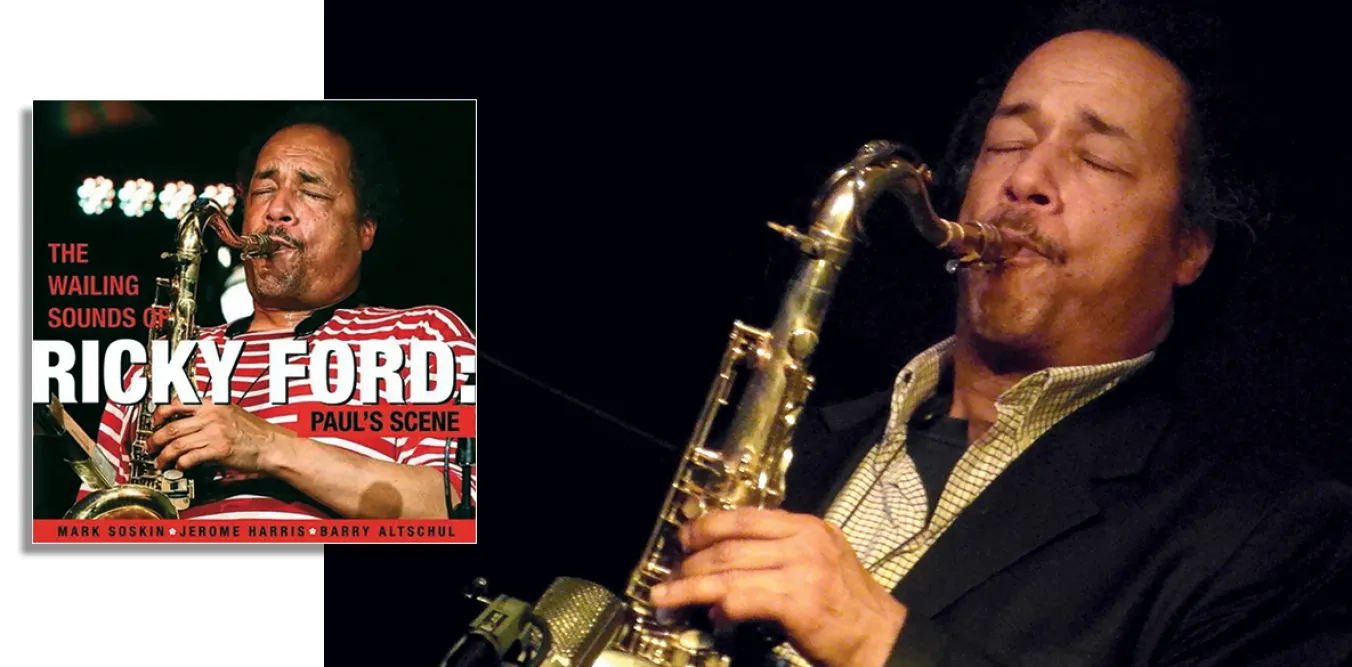
CHRIS SEARLE speaks with veteran tenor saxophonist RICKY FORD
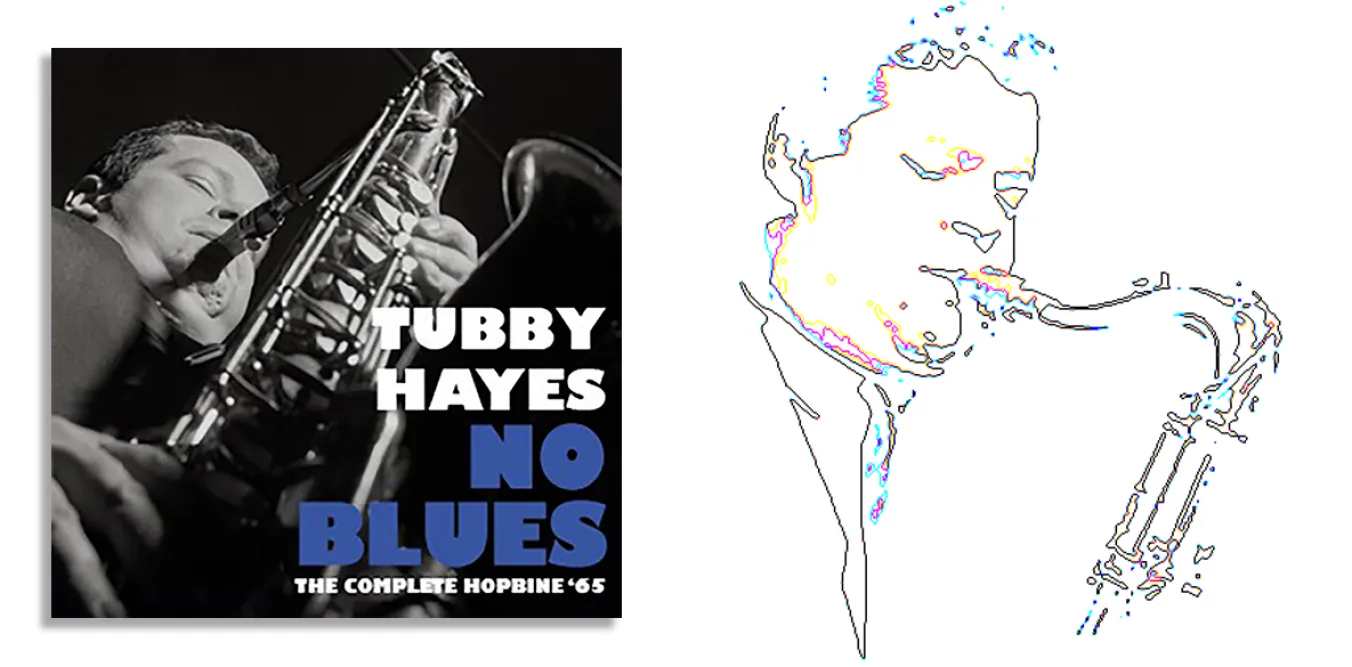
CHRIS SEARLE speaks to saxophonist and jazz historian Simon Spillett about Tubby Hayes, whose self-taught virtuosity was emblematic of the ’Swinging London’ of the 1960s


